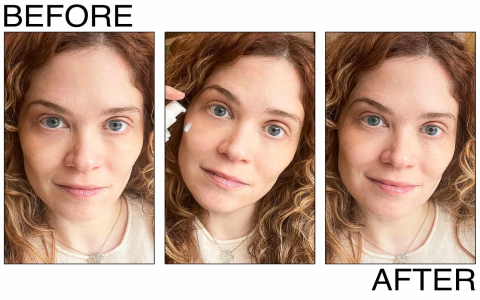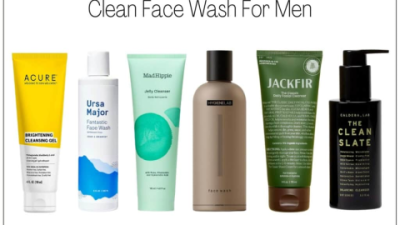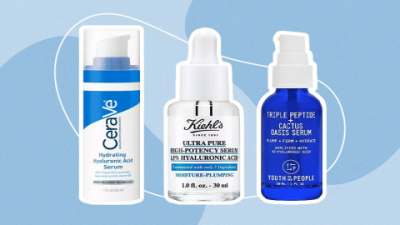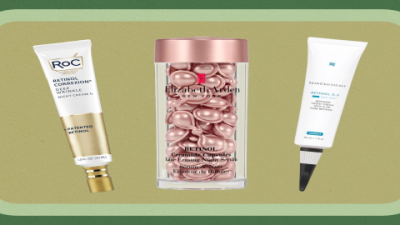Honestly, I never thought I'd become one of those people obsessing over face serums. But here we are in 2025, and my bathroom cabinet looks like a mini skincare laboratory – mostly filled with vegan options that actually, surprisingly, work better than anything I used before.
The whole vegan skincare thing started for me about three years ago when my dermatologist friend mentioned how plant-based ingredients were becoming seriously advanced. Not just "natural" in that feel-good way, but scientifically proven to outperform traditional formulas. And let me tell you, as someone who was skeptical about giving up my tried-and-true products, I was pleasantly shocked.
Why Vegan Face Serums Are Having This Moment
Look, I get it. When someone says "vegan skincare," you might think granola-crunchy, not-very-effective products that smell like a health food store. But that's so 2020. The vegan face serums hitting the market now? They're backed by some seriously impressive science.
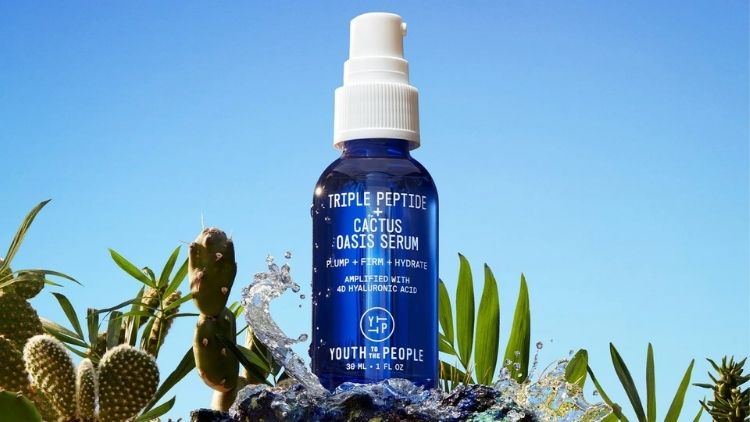
What makes a serum truly vegan goes way beyond just avoiding the obvious stuff like animal collagen or lanolin. We're talking about ingredients you wouldn't even think about – like vitamin D that usually comes from sheep's wool (weird, right?), or glycerin that's often animal-derived. The good vegan brands have figured out plant-based alternatives that are actually better for your skin.
Here's something that blew my mind: plant ingredients often pack way more antioxidants than their synthetic cousins. Sea buckthorn oil has over bioactive compounds. One hundred ninety! Compare that to most conventional serums with maybe 5- active ingredients, and you start to see why vegan formulas can be so effective.
The Game-Changing Ingredients You Should Know About
Okay, so I'm going to geek out a little here because some of these plant-based ingredients are genuinely fascinating. Bakuchiol, for instance – it's basically nature's retinol, but without making you look like a tomato for the first two weeks. I started using it during my pregnancy when regular retinol was off-limits, and honestly? I never went back.
Then there's this thing called vegan collagen made from genetically modified yeast. Sounds sci-fi, but it's identical to animal collagen at the molecular level. My skin definitely plumped up after using serums with this ingredient for about six weeks.
Here's a breakdown of what actually works:
Vitamin C Sources:
- Kakadu plum (has 20x more vitamin C than oranges – crazy!)
- Camu camu
- Acerola cherry
These are perfect for brightening and that "glow from within" look everyone's chasing.
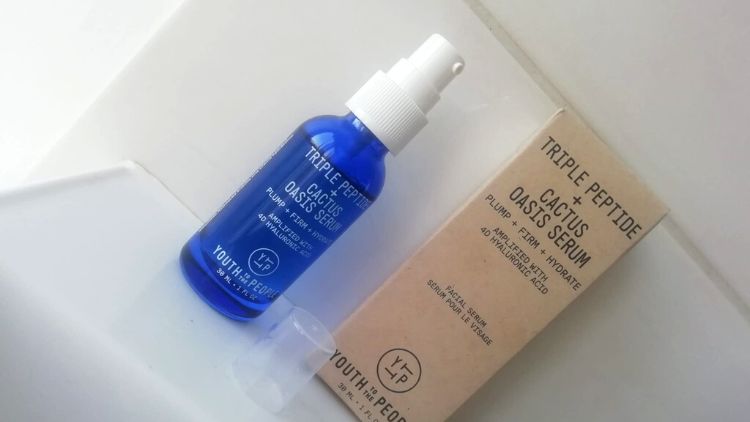
Natural Retinol Alternatives:
- Bakuchiol (my personal favorite)
- Rosehip seed oil
- Carrot seed oil
Great for anti-aging without the irritation. Pregnant women, this is your friend.
Plant-Based Hydration Heroes:
- Tremella mushroom extract (holds 400x its weight in water!)
- Fermentation-derived hyaluronic acid
- Squalane from olives
These literally drink water and hold it in your skin.
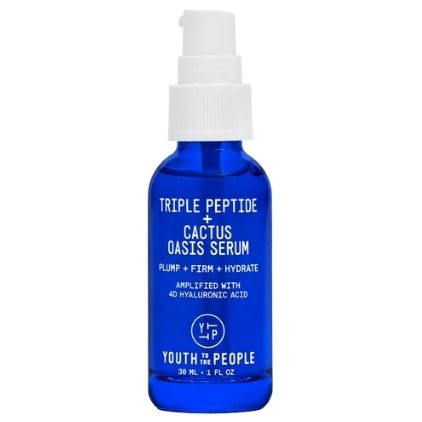
Different Types for Different Needs
Not all vegan serums are created equal, and honestly, it took me a while to figure out which ones worked for what. My skin is combination with some stubborn dark spots from teenage acne (thanks, younger me), so I needed something that could multitask.
Anti-Aging Powerhouses
These are where vegan serums really shine. The combination of plant peptides, vitamin C, and those fermented ingredients creates this synergistic effect that's... well, it's better than math would suggest. I've been using one with Swiss apple stem cells – yes, that's a real thing – and the fine lines around my eyes have definitely softened.
The key is consistency though. Don't expect miracles in week one. It took about weeks before people started asking if I'd "done something" to my skin.
Brightening Solutions
For dark spots and uneven tone, vegan options are actually gentler than conventional treatments. Kojic acid from rice, arbutin from bearberry plants, licorice root extract – they work slowly but surely without that angry red phase you get from stronger chemical peels.
I've been layering a vitamin C serum in the morning with a niacinamide one at night, and my post-acne marks have faded more in four months than they did in two years of sporadic treatment before.
Hydration Station
Dry skin girls, listen up. Vegan hydrating serums can be absolute game-changers, especially if you live somewhere with harsh winters or spend a lot of time in air-conditioned spaces. The tremella mushroom extract I mentioned? It's like hyaluronic acid's overachiever cousin.
How to Actually Use These Things
Here's where I made mistakes initially – and probably where you will too if someone doesn't tell you. Application order matters. A lot.
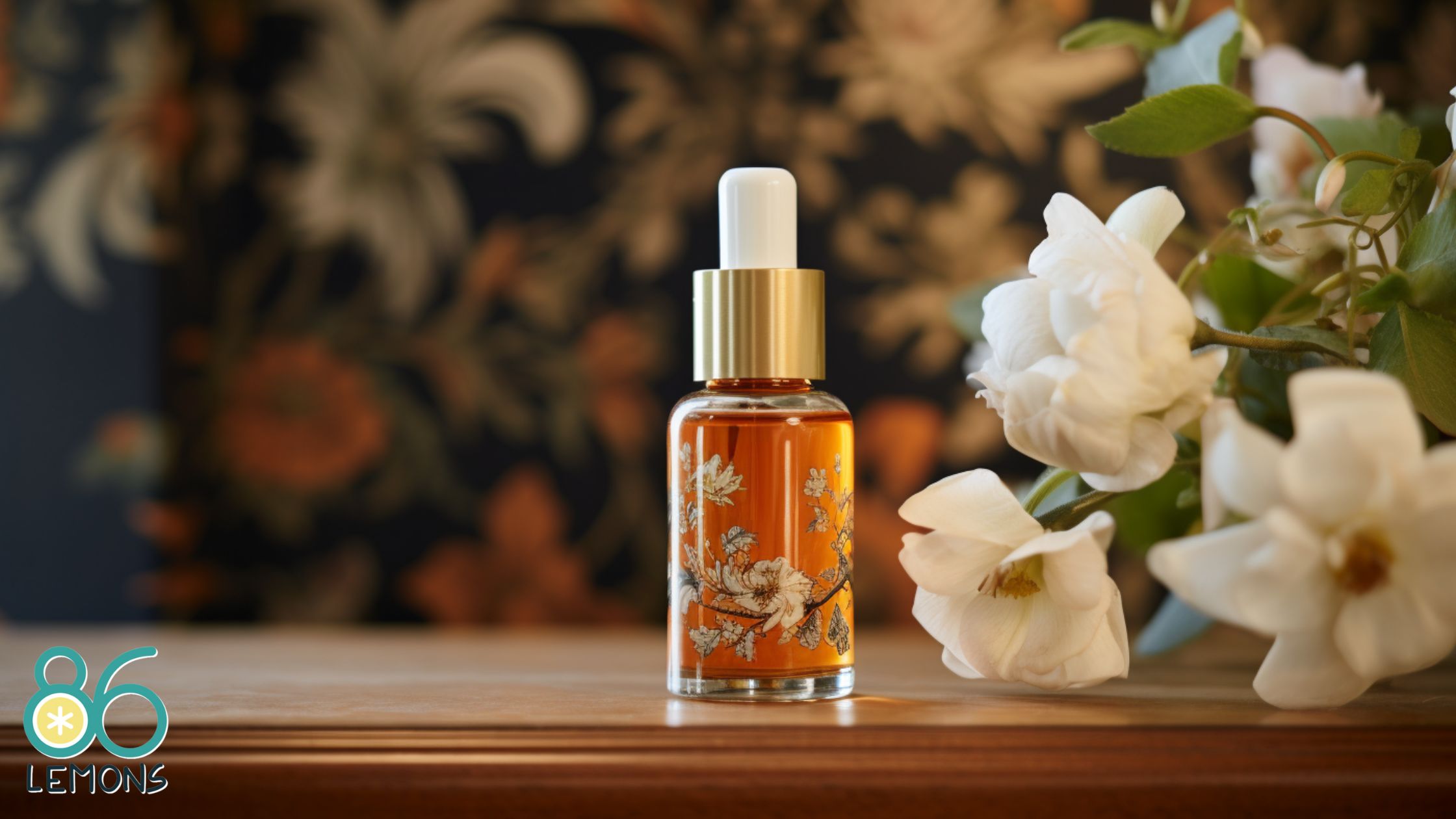
Morning routine that actually works:
1. Cleanser
2. Vitamin C serum (on slightly damp skin – learned this the hard way)
3. Hydrating serum if needed
4. Moisturizer
5. SPF (non-negotiable)
Evening routine:
1. Double cleanse (oil cleanser first, then water-based)
2. Treatment serum (retinol alternatives, acids, etc.)
3. Hydrating serum
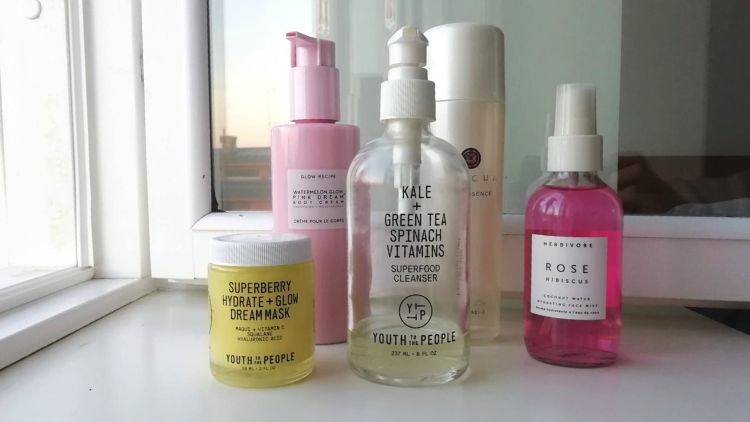
4. Face oil if you're into that
5. Night moisturizer
Pro tip I wish someone had told me: let each layer absorb for seconds to a minute before applying the next. I used to just slap everything on at once and wonder why my products pilled up or didn't work well.
Seasonal Switching Strategy
Your skin changes with the weather – something I completely ignored for years. In summer, I stick to lightweight, antioxidant-heavy serums that won't make me look like an oil slick under makeup. Come winter, I layer on the heavier plant oils and ceramide-rich formulas.
Spring and fall are when I introduce new actives or stronger concentrations, since my skin seems to handle change better during those transitional periods.
What to Look For (and What to Avoid)
Real talk: not all "vegan" skincare is created equal. Some brands slap the label on mediocre products and charge premium prices. Here's what actually matters:
Good signs:
- Third-party vegan certification (The Vegan Society, PETA)
- Transparent ingredient lists with concentrations
- Clinical testing data they're willing to share
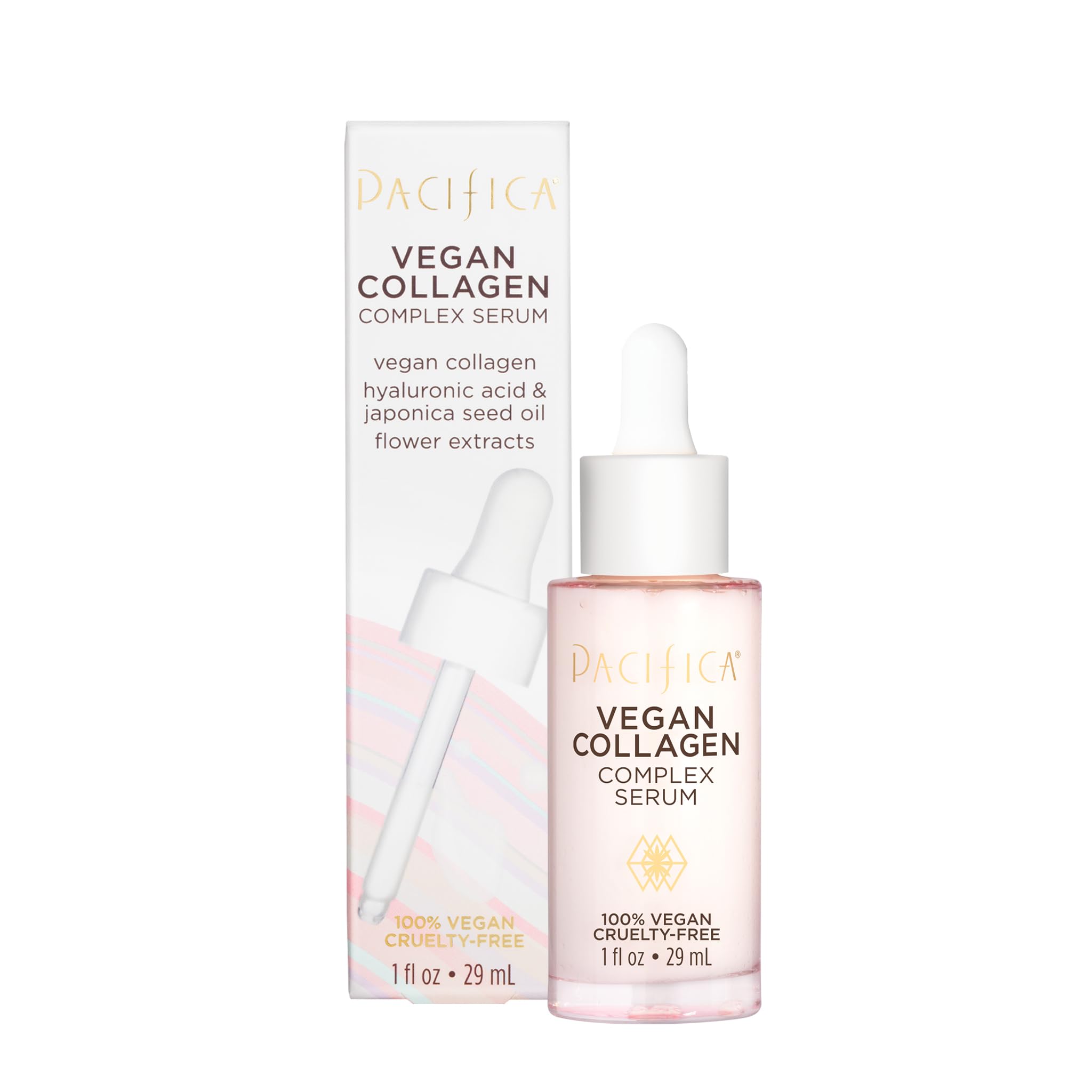
- Sustainable packaging (shows they actually care about their values)
Red flags:
- Vague "natural" claims without specifics
- Identical ingredient lists across multiple products
- No preservation system (these products will go bad fast)
- Unrealistic promises ("reverse aging in days!")
Price isn't always an indicator of quality. I've found $ serums that outperformed $ ones, and vice versa. Research is your friend here.
Common Questions I Get Asked
Do they actually work as well as "regular" serums?
In my experience? Often better. The concentration of active compounds in plants is usually higher than synthetic versions, plus you get bonus ingredients you weren't even looking for. My skin definitely prefers the vegan versions I've tried.
Are they good for sensitive skin?
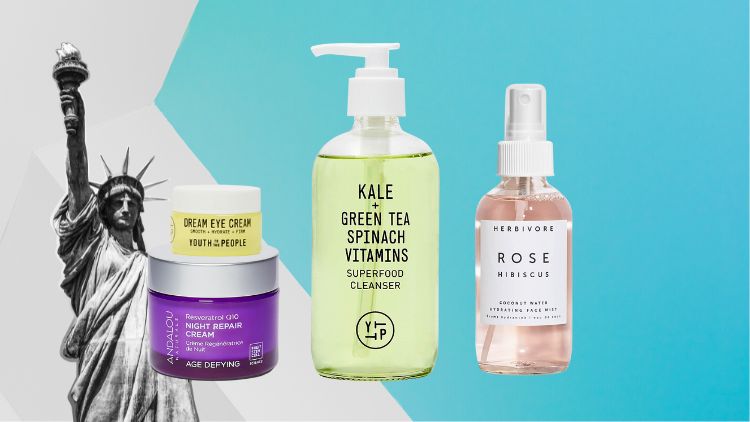
Generally yes, but patch testing is still crucial. Plant-based doesn't automatically mean gentle – essential oils, for example, can be irritating for some people. Start slow and pay attention to how your skin responds.
How long before I see results?
Hydration improves within days. Brightening takes 4- weeks. Anti-aging changes? Give it 8- weeks of consistent use. I know that sounds like forever when you want instant gratification, but good skincare is a marathon, not a sprint.
Do they expire faster?
Not necessarily, if they're properly formulated. Good vegan brands use natural preservatives like vitamin E and rosemary extract. Just store them properly – cool, dry place, away from sunlight.
Can I layer multiple serums?
Yes, but be strategic about it. Water-based first, then oil-based. Don't combine vitamin C with retinol alternatives in the same routine. And honestly? Sometimes less is more. I rotate different serums throughout the week instead of using everything at once.
The Reality Check
Look, I'm not going to pretend that switching to vegan skincare will transform your life overnight. It won't. But what it will do is give you effective, ethical options that often work better than conventional alternatives – with the bonus of feeling good about your choices.
The ingredient innovation happening in vegan skincare right now is genuinely exciting. Fermented botanicals, plant-derived peptides, bioengineered ingredients that are identical to their animal-derived counterparts but more sustainable – it's like watching the future of beauty unfold.
My skin is clearer, more hydrated, and definitely more resilient than it was three years ago. Could that be because I'm older and finally taking better care of myself? Maybe. But I credit a lot of it to making the switch to well-formulated vegan products that work with my skin instead of against it.
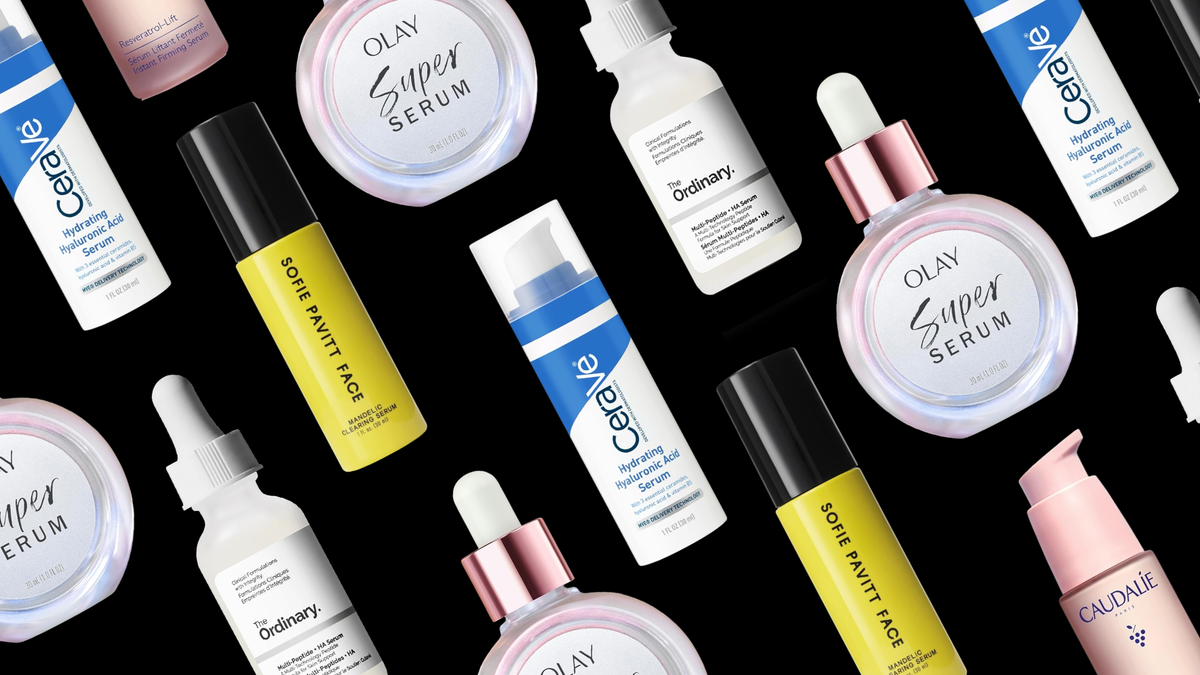
The best part? You don't have to choose between effectiveness and ethics anymore. The vegan options available now are legitimately good – not just "good for vegan products," but good period.
